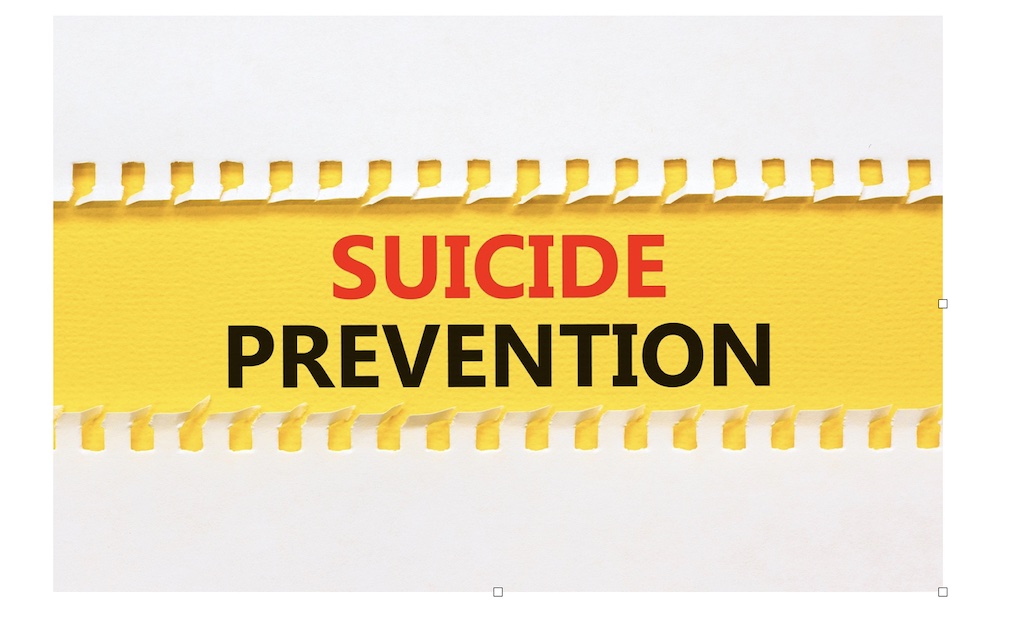Every year, the month of September is dedicated to raising awareness about suicide prevention. According to the World Health Organization, suicide is a global public health issue, and nearly 700,000 people die due to suicide every year. This month supplies an opportunity to shed light on mental health struggles and emphasizes the significance of offering support to those in need.
Key Takeaways from Suicide Prevention Month
1. Destigmatizing Mental Health: One of the primary goals of Suicide Prevention Month is to break down the stigma associated with mental health issues. It’s essential to foster an environment where people feel comfortable discussing their struggles without fear of judgment. Open conversations about mental health can encourage individuals to seek help when they need it most.
2. Recognize the Warning Signs: Understanding the warning signs of suicide and severe depression is crucial. These signs might include withdrawing from social activities, expressing feelings of hopelessness, talking about suicide, experiencing sudden mood swings, and giving away possessions. Being attentive to such indicators can potentially save a life.
3. Importance of Communication: Communication plays a vital role in suicide prevention. Reach out to friends, family members, and colleagues, asking how they are doing and genuinely listening to their responses. Let them know you care and are available to offer support. Sometimes, a simple conversation can make a significant difference.
4. Seeking Professional Help: If you suspect that someone is struggling with severe depression or suicidal thoughts, encourage them to seek professional help. Mental health professionals, such as therapists, psychologists, and psychiatrists, can provide appropriate guidance and treatment.

How to Help a Loved One Showing Signs of Severe Depression
1. Approach with Compassion: When discussing mental health concerns, approach the person of interest with compassion and empathy. Make it clear that you are there to support them without judgement.
2. Active Listening: Create a safe space for them. Practice active listening, which involves giving your full attention, asking open-ended questions, and refraining from offering unsolicited advice.
3. Express Concern: If you notice changes in their behavior or hear them express troubling thoughts, express your concern. Let them know you have noticed their struggle and are worried about their well-being.
4. Encourage Professional Help: Gently suggest seeking professional help. Offer to assist in finding a therapist or psychiatrist.
5. Stay Connected: Continue to check in regularly. Isolation can worsen feelings of depression. Even if they do not always want to talk, knowing that someone cares can provide a sense of comfort.
6. Safety Measures: If you believe they are in danger to themselves, do not leave them alone. Contact a mental health crisis line, a doctor, or emergency services for help.
7. Educate Yourself: Learn about depression, suicide, available resources, and the importance of mental health. This knowledge will empower you to better understand what they might be going through and how to support them effectively.
Suicide Prevention Month serves as a reminder that every individual’s mental health matters. By destigmatizing mental health, recognizing warning signs, fostering open communication, and offering compassionate support, we can play a significant role in preventing suicide and providing relief to those struggling with severe depression. Remember that seeking professional help is essential, and together, we can contribute to a world where mental well-being is a top priority.

Proactive Intervention in Behavioral Healthcare
In the realm of behavioral healthcare, where patient safety and well-being are paramount, September holds special significance. It is a time to reflect on the importance of preventing self-harm and promoting mental health in all its dimensions. One critical aspect of this endeavor is adopting innovative solutions that enhance patient care and safety and provide staff with the tools they need for proactive intervention.
ObservSMART, is a proven patient safety and compliance solution that resonates deeply with the goals of Suicide Awareness Month. In the landscape of inpatient settings, where individuals dealing with mental health challenges require vigilant care, ObservSMART stands as a beacon of hope and protection. This sense of security goes a long way in promoting patient well-being and deterring potential self-harm incidents.
By revolutionizing the traditional methods of patient safety checks, ObservSMART introduces a proactive approach that aligns seamlessly with suicide prevention efforts. Its proprietary Bluetooth proximity technology ensures staff are present with patients during required observations, minimizing the potential for safety lapses and enhancing patient engagement. This real-time verification of staff presence holds significant implications, especially in situations where every moment counts.

